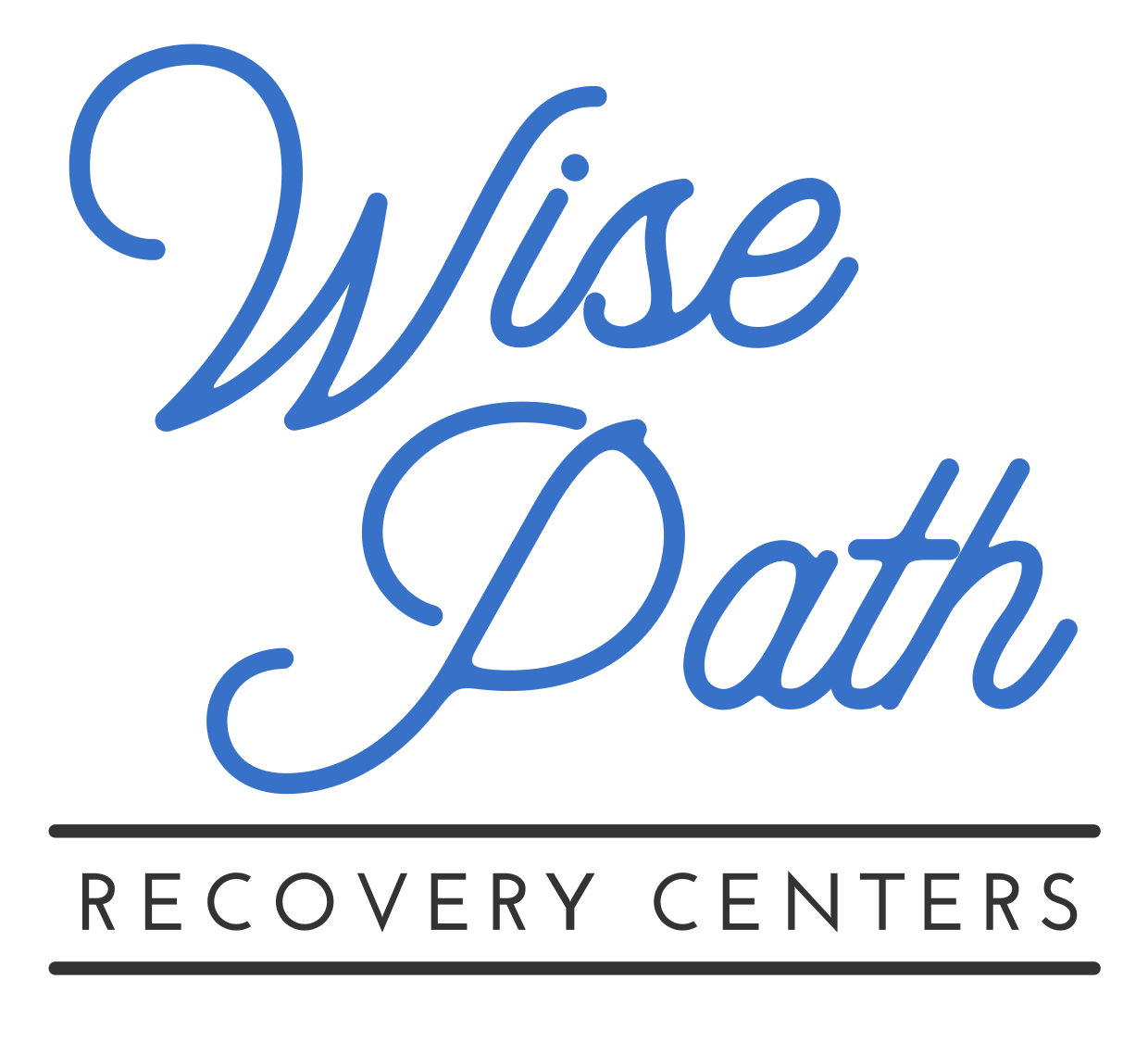Klonopin is often prescribed to help with anxiety, panic attacks, and sometimes seizures. But like many prescription medications, it carries a risk of misuse. What may start as a way to feel calm or manage stress can quietly become something more serious.
Understanding the signs of Klonopin abuse can help you recognize when something is off, whether it is happening to you or someone close to you. Early awareness can make a difference and open the door to safer ways of coping and healing.
What Is Klonopin and Why Is It Addictive
Klonopin is the brand name for clonazepam, a benzodiazepine that slows down brain activity to create a sense of calm. It is often used short term, but long-term use can lead to dependence. The drug works by enhancing the effects of GABA, a neurotransmitter that helps regulate mood and relaxation.
Over time, the brain can become reliant on Klonopin to feel normal. This creates a cycle where stopping the drug suddenly leads to withdrawal symptoms, which can feel severe. The body adapts quickly to this type of medication, which is why even people with prescriptions are at risk of misuse.
Common Signs of Klonopin Abuse
Klonopin abuse can look different from person to person, but there are common patterns that may point to a problem. These include:
- Taking more Klonopin than prescribed or using it more often
- Running out of pills early or seeking pills from other sources
- Drowsiness, confusion, or memory problems
- Increased tolerance and needing more to get the same effect
- Mood swings or irritability when not taking it
- Withdrawing from friends or responsibilities
If you notice these signs in yourself or someone else, it is worth pausing and asking what is really going on beneath the surface.

The Link Between Klonopin Abuse and Mental Health
Many people who struggle with Klonopin abuse are also living with anxiety, depression, or trauma. The medication may have helped in the beginning, but over time, the line between treatment and dependence becomes blurry.
In some cases, people turn to Klonopin when they feel like nothing else is helping. In others, they keep taking it because they are afraid of what might happen if they stop. These are not just habits — they are signals that deeper support may be needed. If this feels familiar, you can learn more about your options by visiting our mental health facility in West Virginia.
Klonopin Abuse and the Risk of Withdrawal
Quitting Klonopin without help can be dangerous. Withdrawal symptoms can include insomnia, nausea, panic attacks, shaking, and in some cases, seizures. Because of this, detoxing from Klonopin should always be done with medical guidance.
Trying to quit on your own may feel brave, but it is not always safe. If you or someone you care about is ready to stop, finding the right kind of support is key to getting through the first steps and avoiding a relapse.
Drug & Alcohol Rehab and
Addiction Treatment in West Virginia
Get in touch with our recovery center today at 866-860-9772
When Klonopin Abuse Becomes a Daily Struggle
For some people, Klonopin use begins to shape their entire day. They may plan their schedule around when they take it or feel anxious as soon as they are running low. Life starts to shrink around the drug, and things that used to bring joy or connection fall away.
When addiction takes over, it is not just about the drug anymore. It becomes about how a person sees themselves and what they believe is possible for their future. But this is also the moment where help can begin to make a real difference.
Finding a Way Forward Without Judgment
Healing from Klonopin abuse is possible, but it often takes more than willpower. Support that addresses both the physical and emotional parts of recovery is what makes lasting change. That could include medical detox, individual therapy, group support, or a combination of approaches.
What matters most is that recovery is built around the person and not just the symptoms. It should feel steady, supportive, and grounded in trust.
Drug & Alcohol Rehab and
Addiction Treatment in West Virginia
Get in touch with our recovery center today at 866-860-9772
A Place for Real Recovery
At Wise Path Recovery Centers, we understand that addiction is rarely just about the substance. It is often tied to pain, pressure, or experiences that made the drug feel like the only way to cope. Our programs are designed to meet people where they are and provide care that is both compassionate and effective.
If you are concerned about your relationship with Klonopin or are watching someone else struggle, you do not have to carry that alone. There is a way forward, and we are here to walk with you every step of the way.
Support at Wise Path Recovery Centers
We understand how easy it can be to feel stuck in cycles of Adderall and alcohol use, especially when life feels overwhelming or unmanageable. Whether you are just starting to notice a problem or have been struggling for a while, you do not have to go through it alone.
Our team offers personalized care to help people regain control and rediscover hope. We believe recovery is not about perfection. It is about taking the next step forward with people who actually care.
FAQs About Klonopin Abuse
What makes Klonopin so addictive?
Its calming effects can create a quick sense of relief, especially for people with anxiety. Over time, the body adjusts to the drug and craves more.
Can I stop taking Klonopin on my own?
It is not recommended. The withdrawal can be intense and even dangerous. Medical supervision is the safest route.
Is Klonopin abuse common among people with anxiety?
Yes. Many people begin taking it to manage anxiety but end up misusing it without realizing they have crossed a line.
How do I talk to someone I care about if I think they are abusing Klonopin?
Be compassionate and curious, not confrontational. Let them know you care and that support is available when they are ready.
What kind of treatment works best for Klonopin abuse?
A combination of detox, therapy, and emotional support is often the most effective approach. Each person’s path may look a little different.

